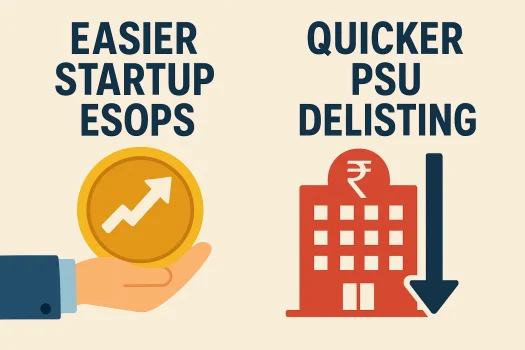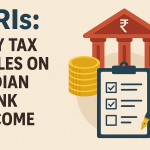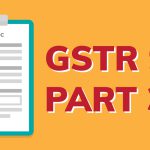Blog Post

Posted on June 19, 2025

Recent SEBI Reforms:
SEBI has introduced significant reforms to ease the use of Employee Stock Option Plans (ESOPs) for startup founders, particularly those classified as promoters. Previously, founders who were considered promoters were not allowed to hold or be granted ESOPs after their company filed for an IPO; any such benefits had to be liquidated before the IPO. Under the new rules, founders who received ESOPs at least one year before filing the draft red herring prospectus (DRHP) can now continue to hold and exercise these options even after the company is listed.
Key Implications:
Industry Impact:
The reforms are seen as “reformist changes” with far-reaching effects, making it easier for startups to design founder- and employee-friendly ESOP plans that help attract and retain talent, foster a culture of ownership, and align interests for long-term growth.
SEBI’s New Delisting Framework for PSUs:
SEBI has also streamlined the voluntary delisting process for Public Sector Undertakings (PSUs) where the government or other PSUs hold at least 90% of the total shareholding. The new framework excludes banks, NBFCs, and insurance firms.
Key Changes:
Rationale and Impact:
These changes address the challenges faced by PSUs with thinly traded shares and low public float, where market prices may not reflect the company’s real value. The reforms are expected to make the exit process more efficient, less costly, and more transparent for both the government and minority shareholders.
Summary Table: Key Regulatory Changes
| Area | Previous Requirement | New SEBI Reform (2025) | Impact |
|---|---|---|---|
| Startup ESOPs | Promoter-founders had to liquidate ESOPs before IPO | Founders can retain/exercise ESOPs if granted ≥1 year before DRHP | Easier founder retention, smoother IPOs |
| PSU Delisting | Reverse book-building, 2/3 public shareholder approval | Fixed price (≥15% premium), no 2/3 approval needed | Faster, less burdensome PSU delisting |
These regulatory changes mark a significant step forward in improving the ease of doing business for startups and streamlining PSU exits from the stock market.
438 Views 0 comments
GST to Change the Face of Warehousing

Cases when ITC is not available under GST

GSTR 9C – Part II

GST Audit/Reconciliation and Certification (Form GSTR-9C)

Taxation of Indian Bank Account Income for NRIs: Key Rules and Guidelines

Taxation: History of Goods and Service Tax for India

GSTR 9C – Part III

Aten Papers & Foam IPO Day 1: Check subscription status and other details

Brookfield-Backed CleanMax Set for ₹4,000–5,000 Crore Confidential IPO

How your small pie of Tax builds the entire nation.
Comments